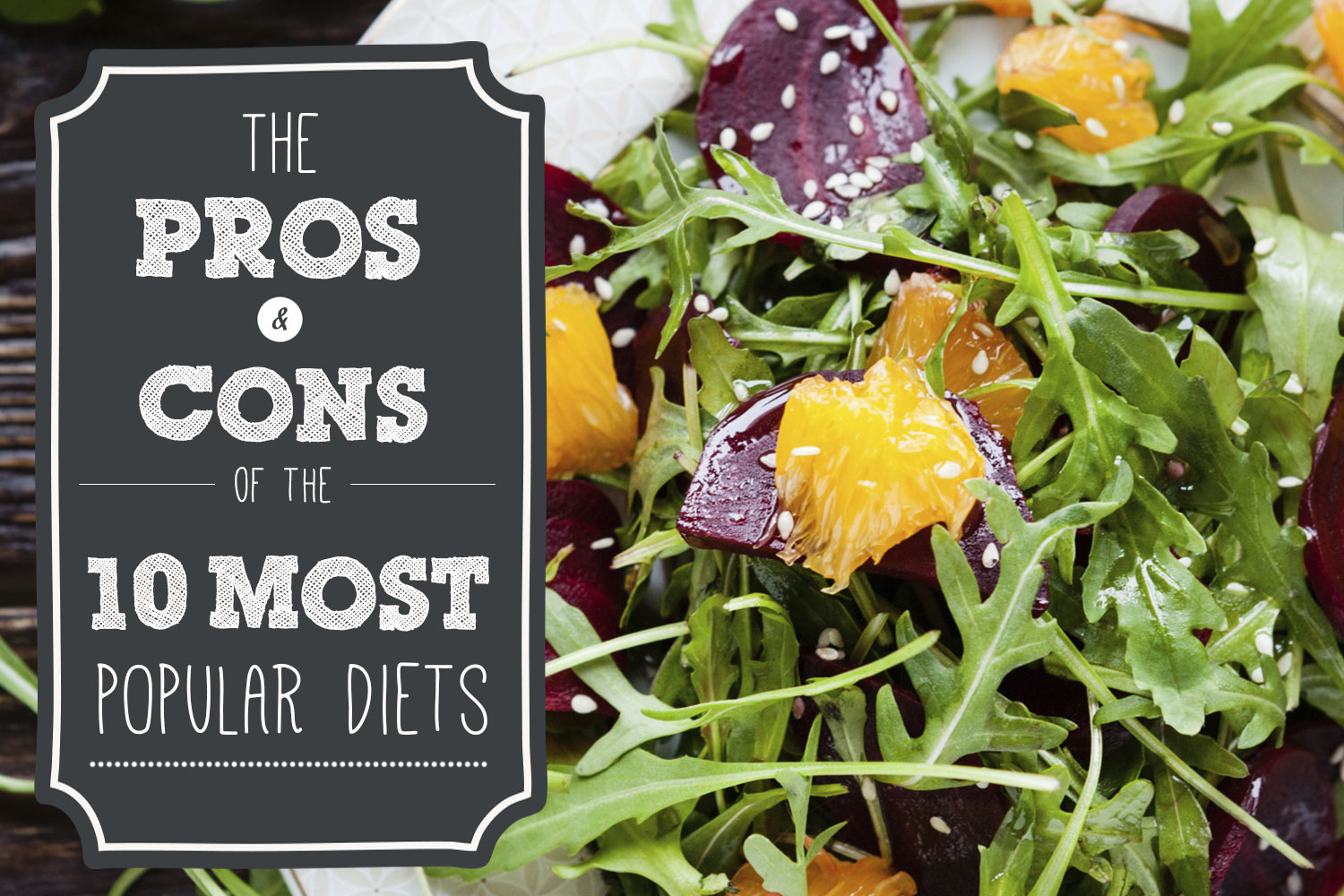
Atkins is a household name in weight loss. Popularized by Dr. Robert Atkins, it got its start in a medical publication called the Journal of the American Medical Association. Atkins took some of the ideas from the journal diet and worked on the plan to fit his own weight-loss goals.
The popularity of the Atkins diet reached its peak in the early 2000s, when many people saw it as a quick and effective way to lose weight. However, the diet also faced criticism from some health experts who were concerned about its potential negative impact on long-term health.
How does the Atkins Diet Work?
The Atkins diet is a low-carbohydrate, high-fat, and high-protein diet that works by causing the body to shift from burning carbohydrates for energy to burning stored fat. This is achieved by restricting carbohydrate intake to a level that induces a state of ketosis, which means that the body starts to break down fat for energy instead of relying on glucose from carbohydrates.
The Atkins diet is divided into four phases:
By reducing carbohydrate intake and increasing fat and protein intake, the Atkins diet helps people to feel full and satisfied while consuming fewer overall calories. This can lead to weight loss, particularly in the early phases of the diet.
Some of the concerns that people had about the Atkins diet included:
As a result, the popularity of the Atkins diet has declined in recent years because many people thought it was unhealthy… PLUS
Many other low-carbohydrate diets emerged like the ketogenic diet, which is similar to the Atkins diet but involves an even stricter restriction on carbohydrate intake.
What can I eat?
The Atkins diet is essentially a low-carb diet. This means avoiding foods that are high in starch, like bread, potatoes, pasta, rice, and other grains. You also will want to steer clear of corn syrups, which are found in most soft drinks and even in so-called fruit juices. You’ll be encouraged to eat whole foods that are not processed.
So, is the Atkins Diet right for you? The answer is MAYBE! It really depends on your body metabolism as everyone is different. But remember, before starting any diet with significant weight-loss goals, visit your primary care health provider in order to discuss and address any health concerns that might go along with those goals.


A high sugar diet can deplete your body of several important nutrients. Based on the research, here are the key nutrients that are often depleted by excessive sugar consumption: B Vitamins: Particularly vitamin B1 (thiamine), as well as B3, B5, and B6. These vitamins are essential for glucose metabolism Vitamin C: High glucose intake can […]


Sugar consumption has been linked to various chronic diseases, including cancer, inflammatory diseases, and other health conditions. Here’s an overview of the connections: Cancer While sugar does not directly cause cancer, excessive sugar intake may increase cancer risk through several mechanisms: Obesity: High sugar consumption can lead to weight gain and obesity, which is a […]


When you look at the packaging of Skinny Pop, you will see 80 calories per bag, Non-GMO, No Artificial Ingredients, Gluten Free On the surface, you would think that it is a very healthy alternative…so let’s break down the ingredients: Popcorn Popcorn is a whole grain derived from corn kernels. It’s a healthy ingredient that […]